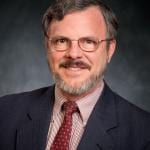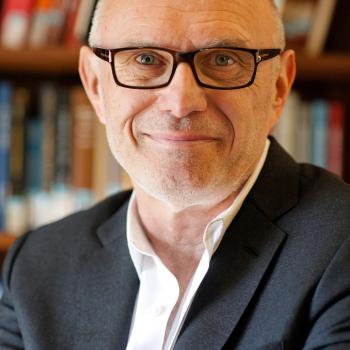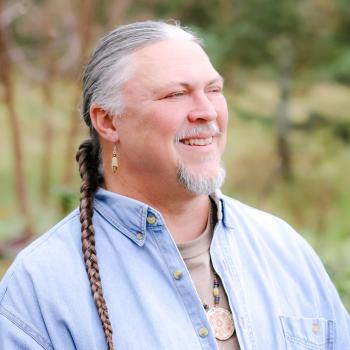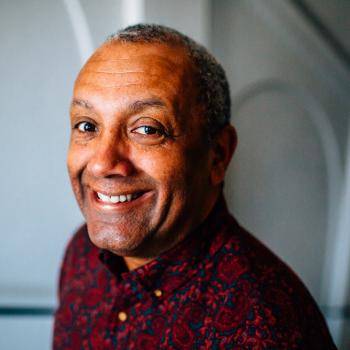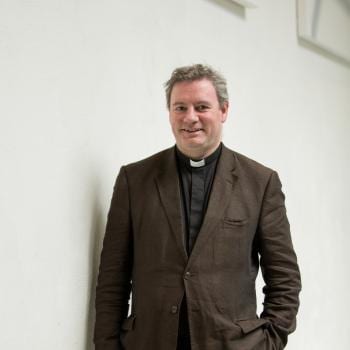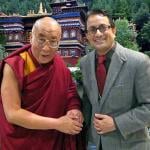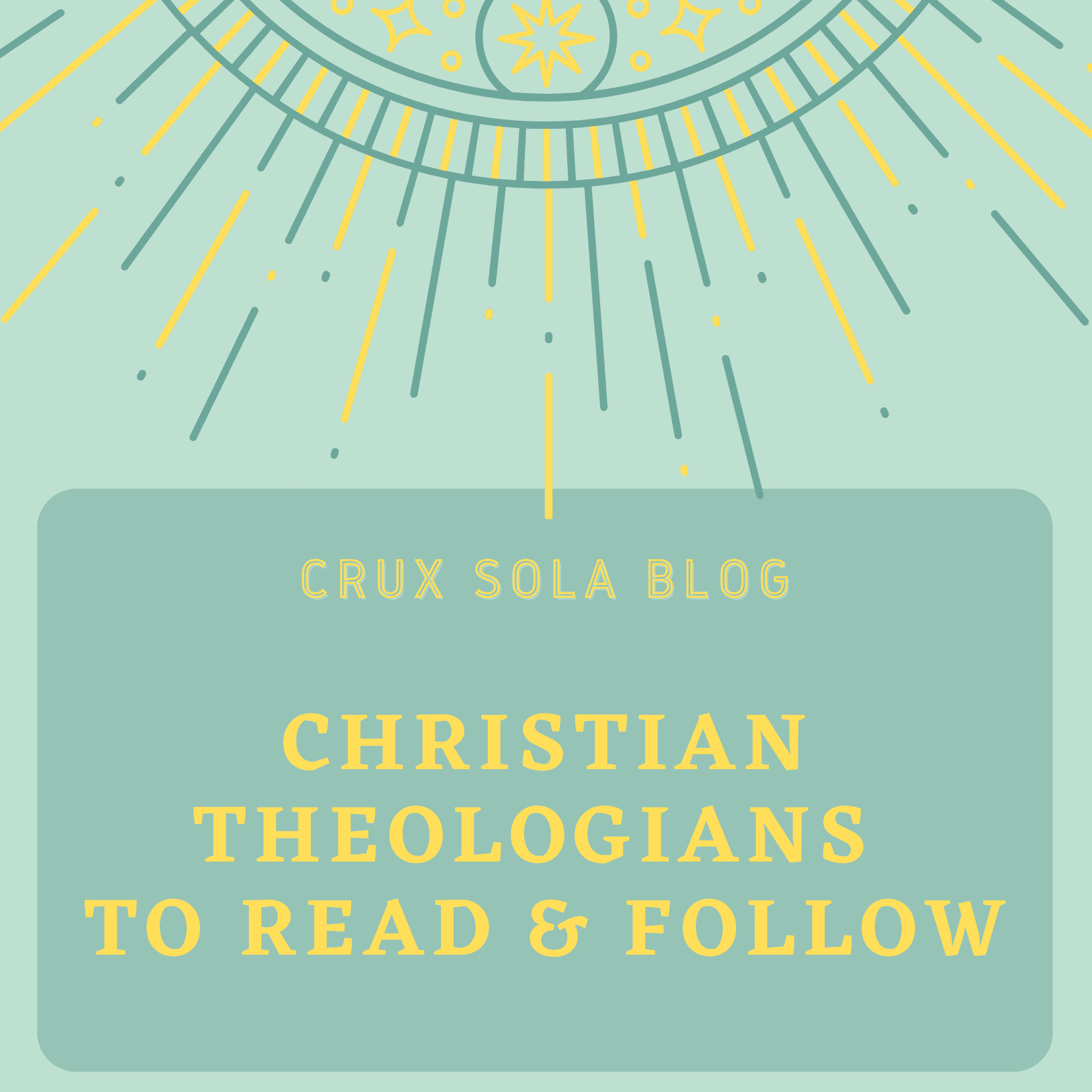
Sharon Galgay Ketcham, Professor of Theology and Christian Ministries, Gordon College, MA
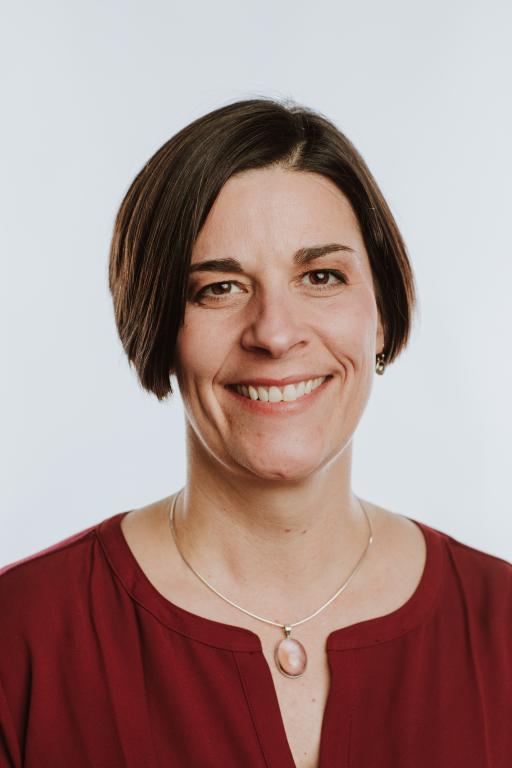
Why do you love teaching and researching about Christian theology?
I love teaching theology to undergrads for two reasons. First, it provides an opportunity to introduce them to the long and varied ways in which Christians have made sense of faith and life. For many students, they are familiar with the biblical narrative and some theological terms. Yet when they learn about the early councils, the differences between a sacrament and ordinance, or the multiple reforms that were part of the Reformation era they often feel introduced to their unknown family story.
What is one “big idea” in your scholarship?
Who is one of your academic heroes and why do you admire them?
What books were formative for you when you were a student? Why were they so important and shaping?
Read Ketcham’s Work
Reciprocal Church
The church faces an unprecedented loss of rising generations. Young adults who were active and engaged in the local church are more frequently leaving the community behind after high school. What can we do? Responding to these concerning statistics, Sharon Galgay Ketcham reflects theologically on the church community and its role in forming faith. She exposes problems in the way leaders conceive of and teach about the relationship between personal faith and the local church, and offers fresh solutions in the form of values and practices that can shape a community into a place where faith will flourish in those both young and old.





